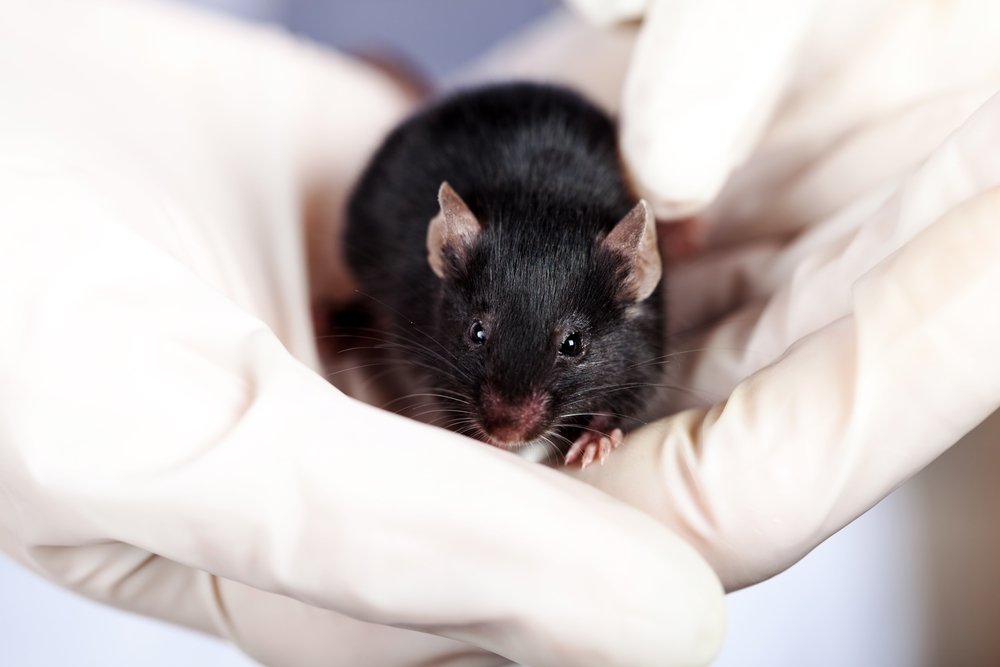Variant’s Experimental Therapy HPβCD May Halt Kidney Damage in Alport Syndrome, Mouse Study Shows

Variant Pharmaceuticals’ investigational therapy hydroxypropyl beta cyclodextrin (HPβCD) may prevent progressive kidney damage and fibrosis (scarring) in people with Alport syndrome, according to preclinical results in a mouse model of the disease.
These findings also support a hypothesis stating that lipid (fat) accumulation in the kidneys contributes to the development and progression of kidney diseases, including Alport syndrome.
The study, “Hydroxypropyl-β-cyclodextrin protects from kidney disease in experimental Alport syndrome and focal segmental glomerulosclerosis,” was published in the journal Kidney International.
Alport syndrome is caused by defects in a major structural protein called type 4 collagen, which is essential for the normal functioning of the kidney, inner ear, and eye.
In the kidney, this protein is involved in the formation of small structures called the glomeruli, which are responsible for filtering the blood and producing urine. Defects in type 4 collagen allow the passage of blood and protein into the urine and lead to progressive scarring of the kidney, which can lead to kidney disease and kidney failure.
High cholesterol is a known risk factor of kidney injury, and several studies have suggested that cholesterol accumulation in the glomeruli contributes to the development of kidney diseases, namely those that affect the glomeruli (glomerular diseases).
Recent studies have also suggested that increasing the removal of cholesterol from cells — whether by genetic or pharmacological approaches — prevents kidney damage.
HPβCD, developed by Variant, is known to capture and remove cholesterol and lipids from cells. Preclinical studies have shown that HPβCD administration prevented disease progression, both fully and partially, in mouse models of other kidney diseases, such as focal segmental glomerulosclerosis (FSGS) and kidney disease caused by diabetes.
However, whether cholesterol accumulation in the glomeruli is associated with kidney damage in Alport syndrome and whether HPβCD can prevent disease progression remains unclear.
To clarify this, researchers analyzed cholesterol levels in the glomeruli of a mouse model of Alport syndrome and the effects HPβCD administration in this model.
The results showed that mice with Alport syndrome had significantly increased levels of cholesterol in their glomeruli, eight-fold higher than healthy mice. This was associated with glomeruli-specific reduction of proteins involved in the removal of cholesterol in these mice.
These findings suggest that in Alport syndrome, cholesterol accumulation due to impaired mechanisms of cholesterol removal in glomeruli “occurs concomitantly [at the same time] with the development of renal failure and may contribute to the pathogenesis [development] and/or progression of kidney disease,” the researchers wrote.
The administration of HPβCD, three times a week for four weeks, significantly reduced cholesterol accumulation in the mice’s kidneys, compared with untreated mice. This was associated with a protective effect against the development of proteinuria (increased levels of proteins in the urine), fibrosis, and progressive kidney failure. It also prolonged the animals’ lifespan.
The data suggest that HPβCD’s treatment could reduce cholesterol accumulation-related damage in kidney cells and prevent kidney failure.
Researchers noted that additional studies are required to understand the exact mechanisms behind cholesterol-related damage in the kidney, and the contribution of several proteins that regulate intracellular (inside the cells) cholesterol removal.
The team also found that HPβCD treatment improved kidney function in a mouse model of focal segmental glomerulosclerosis, and glomeruli of patients with this kidney disorder also showed dysregulation of proteins involved in cholesterol balance.
“The strength of these data helped support progressing directly into Phase 2a clinical trials in adult patients with FSGS, which will significantly shorten our development time,” Stephen C. Glover, Variant’s co-founder, CEO, and chairman, said in a press release. “We look forward to advancing our goal to provide a meaningful treatment for FSGS, AS, and other forms of kidney disease.”







Leave a comment
Fill in the required fields to post. Your email address will not be published.